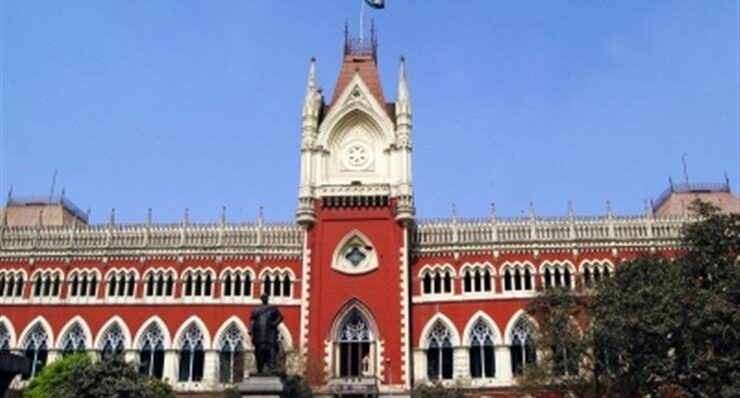Calcutta High Court Blocks Monthly Allowances for Dismissed Staff
On June 9, 2025, the Calcutta High Court issued a significant ruling, directing the West Bengal government to suspend monthly payouts to former Group C and Group D employees who lost their jobs following a Supreme Court verdict in April. The decision halts the state’s West Bengal Livelihood and Social Security Interim Scheme, 2025, which promised honorariums of ₹20,000 and ₹25,000 to these dismissed non-teaching staff. This development has sparked debates about the use of public funds and the rights of workers caught in legal disputes over recruitment irregularities.
The controversy stems from a Supreme Court ruling that nullified the appointments of numerous Group C and Group D employees, alongside SSC teachers, due to alleged irregularities in the 2016 recruitment process conducted by the West Bengal School Service Commission (WBSSC). In response, the Trinamool Congress-led state government introduced the interim scheme to provide financial support to the sacked workers until the resolution of ongoing review petitions. However, Justice Amrita Sinha, presiding over the case, questioned the rationale behind disbursing public money to individuals no longer in service, asking whether they would “sit at home” while receiving these funds.
Recent reports indicate that the court’s intervention was prompted by a writ petition filed by a waitlisted candidate who challenged the blanket provision of allowances. The petitioner argued that the scheme unfairly included all dismissed staff, without distinguishing between those rightfully appointed and those implicated in recruitment malpractices. Justice Sinha’s pointed remarks during the hearing underscored concerns about fiscal responsibility, noting the burden on public resources. “How long will the issue be pending in the Supreme Court?” she asked, highlighting the uncertainty surrounding the appeal process.
The ruling has elicited mixed reactions. Some dismissed employees, like Amit Mondal, a former Group C worker, welcomed the court’s decision. Mondal emphasized that “untainted” workers, who were not involved in any wrongdoing, sought reinstatement rather than temporary financial aid. He argued for a clear distinction between deserving and undeserving candidates, urging the state to publish a list separating the two. This sentiment reflects a broader demand among some sacked workers for transparency and fairness in addressing the fallout from the Supreme Court’s verdict.
Conversely, the West Bengal government has defended its scheme as a humanitarian measure to support workers facing sudden unemployment. Official statements suggest the state aimed to provide a safety net for families affected by the mass dismissals, particularly given the economic challenges in the region. Critics, however, argue that the move was politically motivated, aimed at garnering support ahead of future elections. The court’s stay order now places the government in a delicate position, balancing legal compliance with public expectations.
The Calcutta High Court’s decision also raises broader questions about the management of public funds and the integrity of recruitment processes. Experts point out that the case highlights systemic issues in West Bengal’s education sector, where allegations of corruption have long plagued hiring practices. The WBSSC’s 2016 recruitment drive, intended to fill critical non-teaching roles, has been mired in controversy, with accusations of favoritism and bribery. The Supreme Court’s April verdict aimed to address these irregularities, but the ongoing legal battles underscore the complexity of resolving such disputes.
For now, the Calcutta High Court has reserved its final judgment, leaving the fate of the interim scheme uncertain. The halted payouts affect thousands of former employees, many of whom relied on the promised funds to sustain their livelihoods. As the state awaits further orders, the case continues to fuel discussions about accountability, governance, and the rights of workers entangled in legal and administrative challenges.
This ruling marks a critical juncture in West Bengal’s ongoing efforts to address the fallout from the SSC recruitment scam. As the Supreme Court reviews the state’s appeal, stakeholders—ranging from dismissed workers to policymakers—await clarity on a resolution that balances justice, fairness, and fiscal prudence. The outcome will likely shape public trust in the state’s handling of such crises moving forward.


